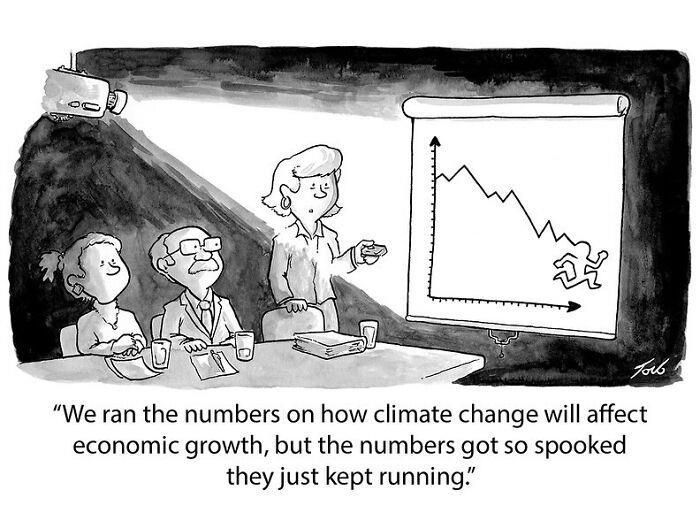ESG, Deregulation, and the Return of Risk: Why 2025’s Market Chaos—and Trump’s ideology on ESG—Prove We Need Smarter Regulation
- Marie Horodecki Aymes
- Apr 11, 2025
- 2 min read

The repeal of the LkSG in Germany, the quiet removal of ESG references by major funds, and Trump’s return to power with a full-on assault on regulation— 2025 is systematically dismantling the safeguards that once stabilized the global economy.
But let’s be clear: Climate, governance, and supply chain regulations are not obstacles to capitalism. They are what make it possible.
When Regulation Prevents Crises: Two Historical Lessons
1. The End of the Glass-Steagall Act (1999)
By removing the separation between commercial and investment banking, a green light was given to unbridled finance. ➤ Less than ten years later: subprime crisis, bank failures, global collapse.
2. Norwegian Deregulation in the 1980s
The elimination of interest rate caps and the liberalization of credit led to a speculative bubble—then a banking system collapse.
In both cases, the issue wasn’t too many rules. It was too few.
Today, weakening ESG standards is not just short-sighted. It’s setting the stage for the next crisis.
Supply Chains and Climate: The Barry Callebaut Wake-Up Call
March 2025: Barry Callebaut, global chocolate giant, sees its stock plunge by 20%. Why? Climate.
An excessively hot, wet season devastates cocoa crops in Ghana and Côte d’Ivoire.
Cocoa prices skyrocket
Supply chain disruptions multiply
Volumes drop, margins shrink
This isn’t a side note. It’s a global warning signal:
Without regulation, traceability, or climate foresight, supply chains collapse. 📉 And when they do, so does business stability.
The State’s Fundamental Role in a Complex World
Free markets only function if grounded in clear, shared rules. The state is not the enemy of business—it’s the guardian of the conditions that make business possible:
Reliable financial reporting standards
Regulations on financial products
Mandatory ESG transparency
Human rights due diligence laws
These aren’t burdens. They are growth enablers, ensuring investor confidence, protecting value chains, and making competitiveness sustainable.
Saying “regulation kills business” is like saying “seatbelts slow down driving.”
Capitalism or Chaos?
Today’s global landscape is defined by instability:
Escalating U.S.–China trade war
Resurgence of authoritarian leaders
Climate and food crises
Sharp financial volatility
Economic chaos
In this context, dismantling regulatory structures isn’t brave. It’s reckless.
ESG, climate, supply chains, transparency—these words might be politically unpopular. But they name the very tools that will allow us to keep investing, exporting, and growing in the future.
Regulation is the foundation of durable prosperity. It’s not an opinion. It’s a necessity.




100% d'accord !🫎